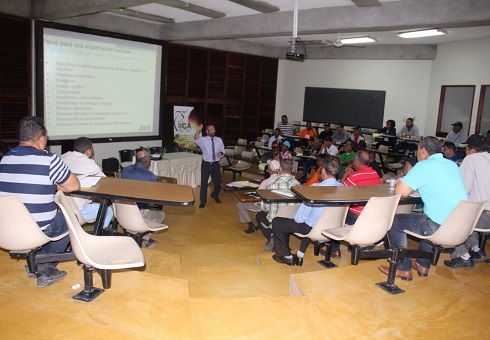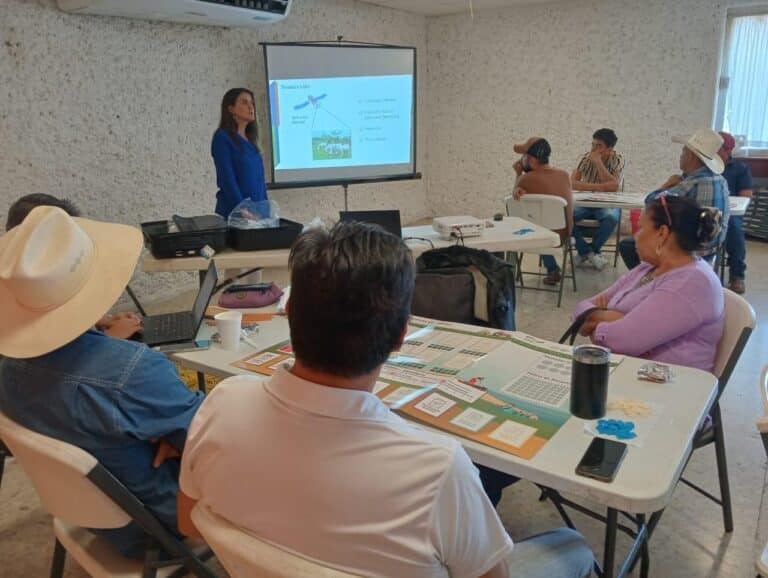The main exported products were: tobacco, fruits and edible fruits (Citrus, Melons or Watermelons) and Cocoa and its preparations, among others

 Santo Domingo, Dominican Republic, January 30, 2018 (IICA). The Dominican Republic Delegation of the Inter-American Institute for Cooperation on Agriculture (IICA) is implementing the project “Updating the standards, processes, regulations and requirements for the export of fresh products to the United States of America”, with funds from the United States Department of Agriculture (USDA), through the Ministry of Economy, Planning and Development (MEPyD).
Santo Domingo, Dominican Republic, January 30, 2018 (IICA). The Dominican Republic Delegation of the Inter-American Institute for Cooperation on Agriculture (IICA) is implementing the project “Updating the standards, processes, regulations and requirements for the export of fresh products to the United States of America”, with funds from the United States Department of Agriculture (USDA), through the Ministry of Economy, Planning and Development (MEPyD).
Within the framework of this project, IICA, in coordination with the Ministry of Agriculture, has organized three (3) workshops to update the standards, processes, regulations and requirements for the export of fresh products to the United States of America in order to strengthen the capacities of extension agents of the Ministry of Agriculture. In addition to this activity, the project also seeks to identify and characterize the institutions and professionals linked to exports for the creation of a database, as well as to prioritize the information and knowledge needs of the agro-export sector. The project has also prepared and distributed a support guide for the agro-export sector.
By executing this project, IICA contributes with the provisions of the Decree 437-17 from December 28, 2017 and issued by the Executive Branch, whose article 2 establishes that all public and private institutions are urged to collaborate with the Ministry of Commerce, Industry and SMEs, the Dominican Republic Export and Investment Center (CEI-RD), the National Free Zones Council (CNZFE), the National Competitiveness Council (CNC) to promote the export sector and the establishment of a export culture, in accordance with the mandate of Law No. 1-12, which establishes the National Development Strategy 2030.

More information: Héctor Garibaldis Pérez, Specialist in Agribusiness, hector.perez@iica.int











